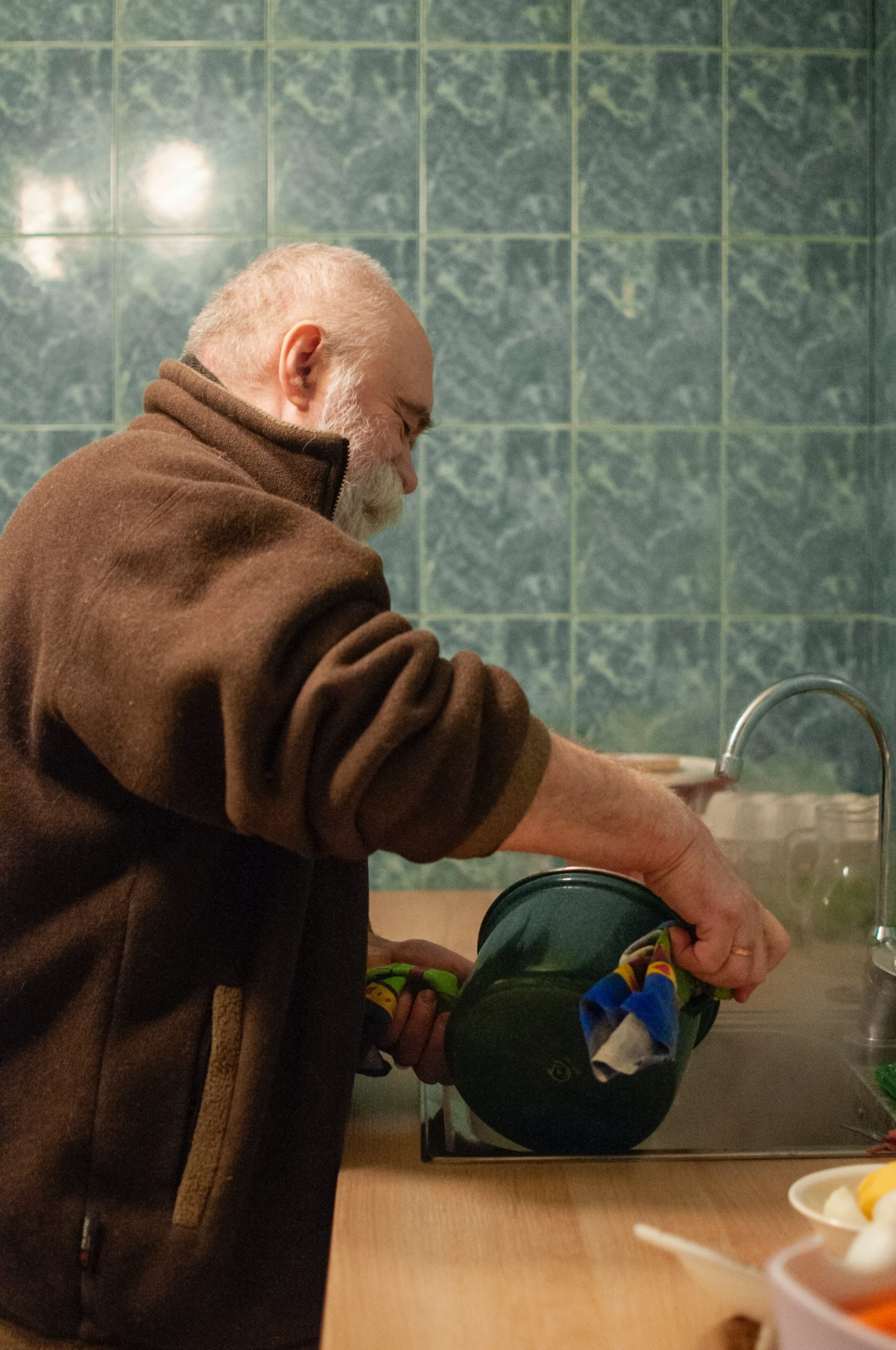CHN commissioned two services in the ACT that provided recovery-focused psychosocial supports to 331 people with severe mental health illness and issues in the past year, through the National Psychosocial Support (NPS) Measure. Both services experienced a 21% client increase (average) from last year.
a) New Path Program
CHN commissioned Woden Community Service to deliver the New Path Program which is an early intervention recovery program for 18-35 year olds whose ability to manage daily activities and to live independently in the community has been seriously affected by their mental health issues.
Over the last year, 143 participants accessed New Path (over 2,343 occasions of service) with 100% indicating a positive experience. Recovery Workers supported New Path participants through a range of co-designed activities, linked to their recovery plan. Examples included safety planning, staying linked with university, attending the gym, commencing volunteering, starting CIT, getting a driver’s licence, accessing drug and alcohol support, managing sleep, starting dialectical behavior therapy (DBT) skills groups, applying for public housing and managing interpersonal relationships.
Woden Community Service has been working closely with CHN to bring New Path and Continuity of Support together under the umbrella of the Commonwealth Psychosocial Support program from July 2022. This will provide a single point of access and recovery-oriented time-limited support to a broader range of people, with timely re-entry if required.
Client story
Prisha* (not their real name) self-referred to New Path following a recommendation from her sibling who had used the program in the past. Prisha lives with anxiety and depression and suffers from constant panic attacks. She met with her Recovery Worker weekly and the strong therapeutic alliance they built resulted in a number of successful outcomes.
Prisha’s Recovery Worker supported her to link in with a GP to get a Mental Health Care Plan to be linked in with a psychologist. Prisha has been able to recognise when she is not feeling comfortable, listen to her needs and implement new strategies that help her maintain her mental health symptoms for a longer period of time. She made significant progress while in New Path and receives long-term support from her psychologist.

b) Bloom Healthy Living Program
CHN commissioned Flourish to deliver the Healthy Living Program which is a recovery-based peer-led program designed for 35-64+ year old participants that promotes healthy living. The program can help build life skills, promote good health, support engagement in education, volunteering or employment, and help participants learn how to better manage their finances. Peer Workers conduct initial assessments and are key contributors in developing monthly group calendars, which are co-designed with the people accessing the service.
Over the last year, Flourish provided support to 188 participants (over 3,600 occasions of service). Participants continued to work towards their goals determined in their recovery plans, including activities such as employment, education, social connection to community, connection to families, support networks and community facilities. Participants were also supported to upskill, to access NDIS services (via support with the application process) or to graduate from the NPSM program where participants identified they no longer required supports post-graduation from the program. The result of continued engagement and supports across this period resulted in five participants returning to full time employment, five participants moved into volunteering roles, five participants were supported with tenancy, looking for accommodation and maintaining tenancy, while three participants transitioned to NDIS. Some people were also supported with transport to access COVID-19 vaccinations.
Client story
Adam* (not their real name) disclosed persistent suicidality, recurrent anxiety attacks and inability to sleep. He was experiencing estrangement from his parents, social isolation and financial hardship.
Adam was supported to identify goals through the NPS program’s Individual Recovery Plan (IRP). His goals included trying new interests to make new friends, reconnect with family and seek full-time work. Adam was supported through transportation, encouragement and company to explore various interests (e.g. cooking classes) and through coaching and positive reinforcement to make contact with his parents.
Through resume reviews, practice interviews and debriefs of actual interviews, Adam found casual work and towards the end of his engagement with the NPS was made a full-time employee. He is also in regular contact with his family.
Adam is very happy with these outcomes and was very grateful to the NPS. Flourish advised Adam that he should be proud of himself, as these outcomes were his own identified goals, achieved by his own doing and that NPS was just there to support him to build his capacity to pursue those goals.

